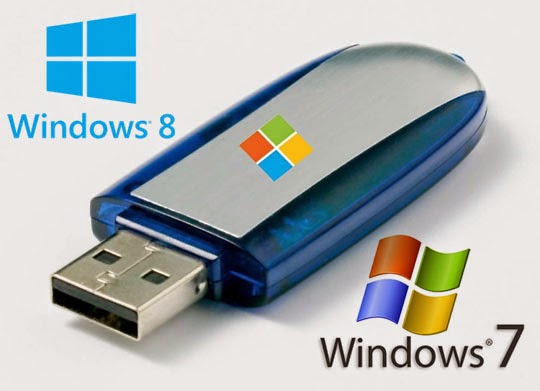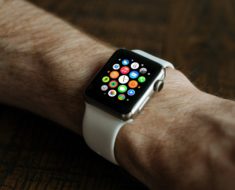Facebook, the world’s most popular and well-endowed social media platform, was created by Mark Zuckerberg and his four roommates, Chris Hughes, Dustin Moskovitz, Eduardo Saverin, and Andrew McCollum, in their dorm room at Harvard University in 2004. Since then, Facebook has proven itself as the go-to social media platform for societies across the globe.
However, countless people have lamented Facebook with legitimate criticism that is hard, if not impossible, to defend the company against via a rational argument.
Take, for example, when news broke from The Guardian and The Intercept on the same day with proof that Facebook had violated its terms of use, not to mention acted without ethics, morals, or integrity, by allowing the political think tank Cambridge Analytica to gather the personal, protected, supposedly private information of millions of Facebook users. Cambridge Analytica used that information to aid various political interests in their campaigns.
Although Facebook never got in trouble for the violation of its terms of use by the United States government or any other nation’s government, Mark Zuckerberg, the chief executive officer of the social media giant, was asked to testify in front of Congress. Nothing substantial came of the hearing. Further, Facebook continued to be supported by the vast majority of its users, essentially not losing any momentum outside of the lowering of its stock price in the days following the initial day of reporting on the issue.
Just today, on Wednesday, April 17, 2019, Facebook publicly announced that the company had managed to get its corporate hands on roughly one-and-a-half million registered Facebook users’ contacts via their email accounts’ contact books.
Absolutely none of the people whose profiles were involved in the sourcing of such contacts were aware of the fact that Facebook had managed to source such information. Further, none of them consented to provide the social media company with their email accounts’ contacts.
Facebook sourced the list of contacts at the moment when the 1.5-odd-million people had opened up their Facebook accounts.
This issue has persisted since at least May 2016, according to Business Insider.
Facebook likely would never have revealed the issue to the public if the Twitter user and cybersecurity expert Mike Edward Moras, better known by his Internet pseudonym of e-sushi, had shared via Twitter that Facebook had asked for multiple users’ passwords associated with the email accounts they used to sign up for Facebook – not their Facebook passwords.
Dil Bole Oberoi





